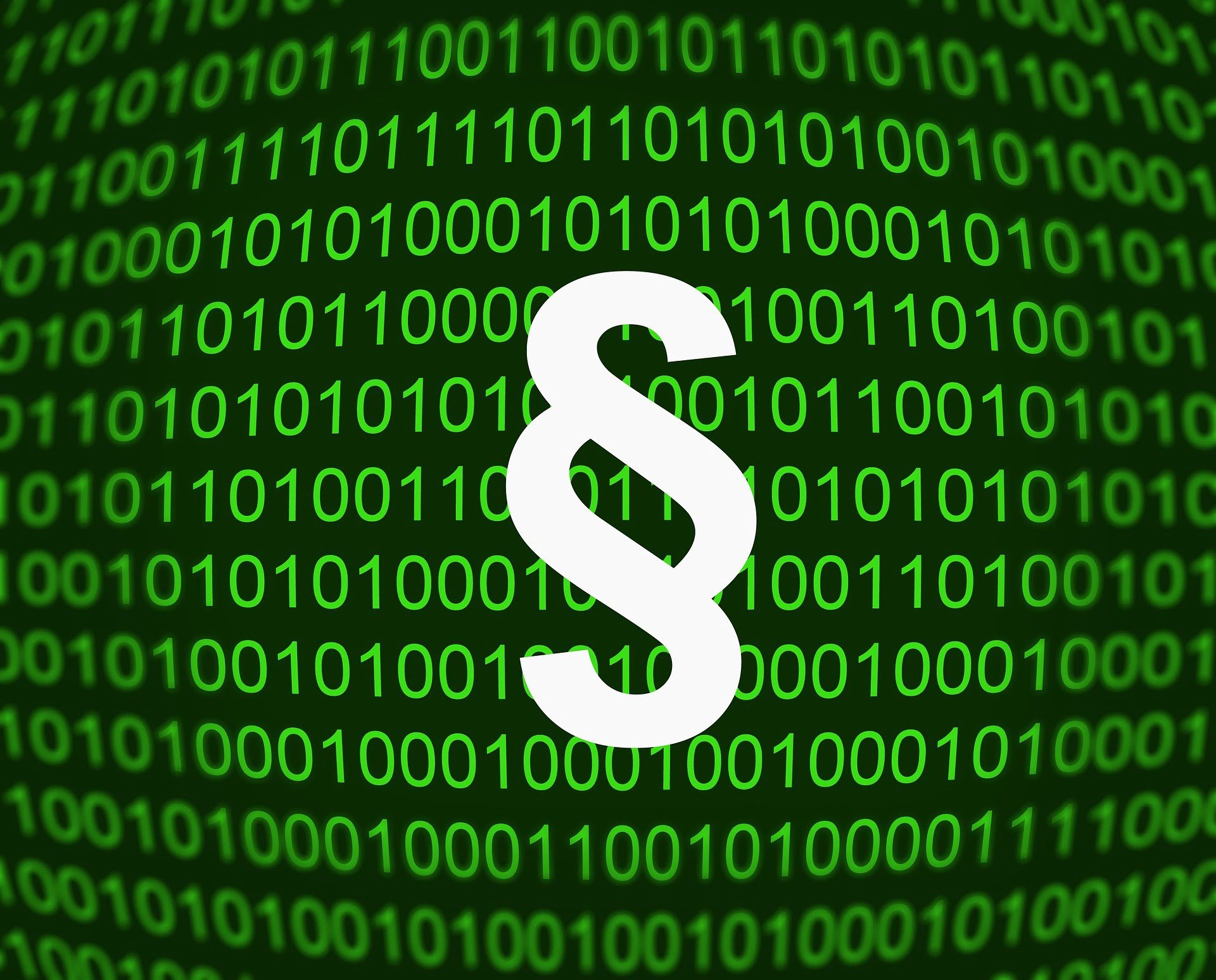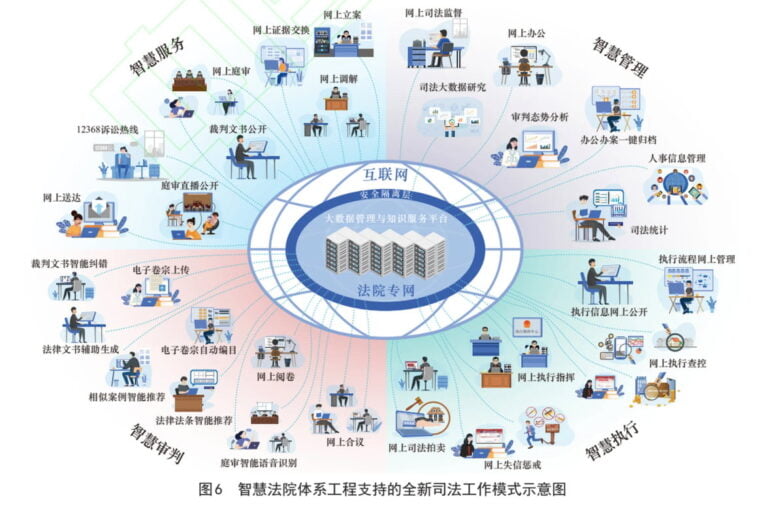Judges in China must justify every ruling to an AI - report

In China, judges are supposed to consult an AI system before passing a sentence. If they reject the machine's advice, they must issue a written statement.
For about six years, China has been working with the country's major tech companies to develop AI-powered automation tools for its own judicial system. So far, the system is designed to reduce the workload of prosecutors, especially for routine tasks. For example, it automatically drafts indictments based on human instructions.
However, according to a report in the South China Morning Post (SCMP), the AI system is becoming more deeply integrated into China's legal system.
Judges must consult AI
About six years ago, the project was little more than a database, the SCMP reports. Meanwhile, it has become a rule of the Supreme Court that judges follow the advice of the AI system and, if they do not follow it, provide a written justification that is included in the case documents.
According to the SCMP, the Supreme Court sees the system as a way to unify national jurisprudence and bring it to large parts of China where there are "significant differences in regional development, governance and income."
Before the system was introduced, each local court maintained its own information system and judges rarely shared information with other courts or Beijing, the SCMP reports. With the new "smart court system," each court is required to have a unified digital reporting system linked to a central database in Beijing.
China's AI judiciary is growing every day
According to the Supreme Court, the system learns from 100,000 cases every day and monitors them for possible wrong decisions or corruption. In addition to court records, the system is said to have access to the databases of police, prosecutors and government agencies.
For example, the AI is expected to help enforce sentences "by finding and seizing the property of a convict almost instantly and putting it up for online auction." Combined with China's social credit system, it can deny debtors access to transportation, hotels, or other social services and enforce the ban.
“The smart court SoS (system of systems) now connects to the desk of every working judge across the country,” said Xu Jianfeng, director of the Supreme Court Information Center.

In a journal published by the Chinese Academy of Engineering, Xu and colleagues publish positive figures on the system, saying it reduces the average workload of judges by more than a third. Between 2019 and 2021, they say, it saved 1.7 billion man-hours and the equivalent of $45 billion in legal fees. The system, Xu sayid, "has made a significant contribution to the judicial advancement of human civilization."
The automation of Chinese jurisprudence also receives criticism
Zhang Linghan, a law professor at the Chinese University of Political Science and Law in Beijing, criticized the system in the national journal Law and Social Development as limiting judicial discretion.
A judge's individual judgment, experience and training would be relegated to the background. While this might improve efficiency and fairness to some extent, it would drive people into dependence on technology and undermine free will.
"We must be alert to the erosion of judicial power by technology companies and capital," Zhang Linghan writes.
Sun Yubao, a judge at the People's Court of the Yangzhou Economic and Technology Development Zone in Jiangsu Province, is also critical. Writing in the Chinese-language magazine Legality Vision, he says that expectations of AI as a panacea are too high and that the role of the judge needs to be strengthened: "AI cannot do everything."
Critics of the system also worry that judges will rule according to the AI system's advice in order to avoid having to challenge the system - even though the AI may select inappropriate references or laws.
AI News Without the Hype – Curated by Humans
As a THE DECODER subscriber, you get ad-free reading, our weekly AI newsletter, the exclusive "AI Radar" Frontier Report 6× per year, access to comments, and our complete archive.
Subscribe nowAI news without the hype
Curated by humans.
- Over 20 percent launch discount.
- Read without distractions – no Google ads.
- Access to comments and community discussions.
- Weekly AI newsletter.
- 6 times a year: “AI Radar” – deep dives on key AI topics.
- Up to 25 % off on KI Pro online events.
- Access to our full ten-year archive.
- Get the latest AI news from The Decoder.